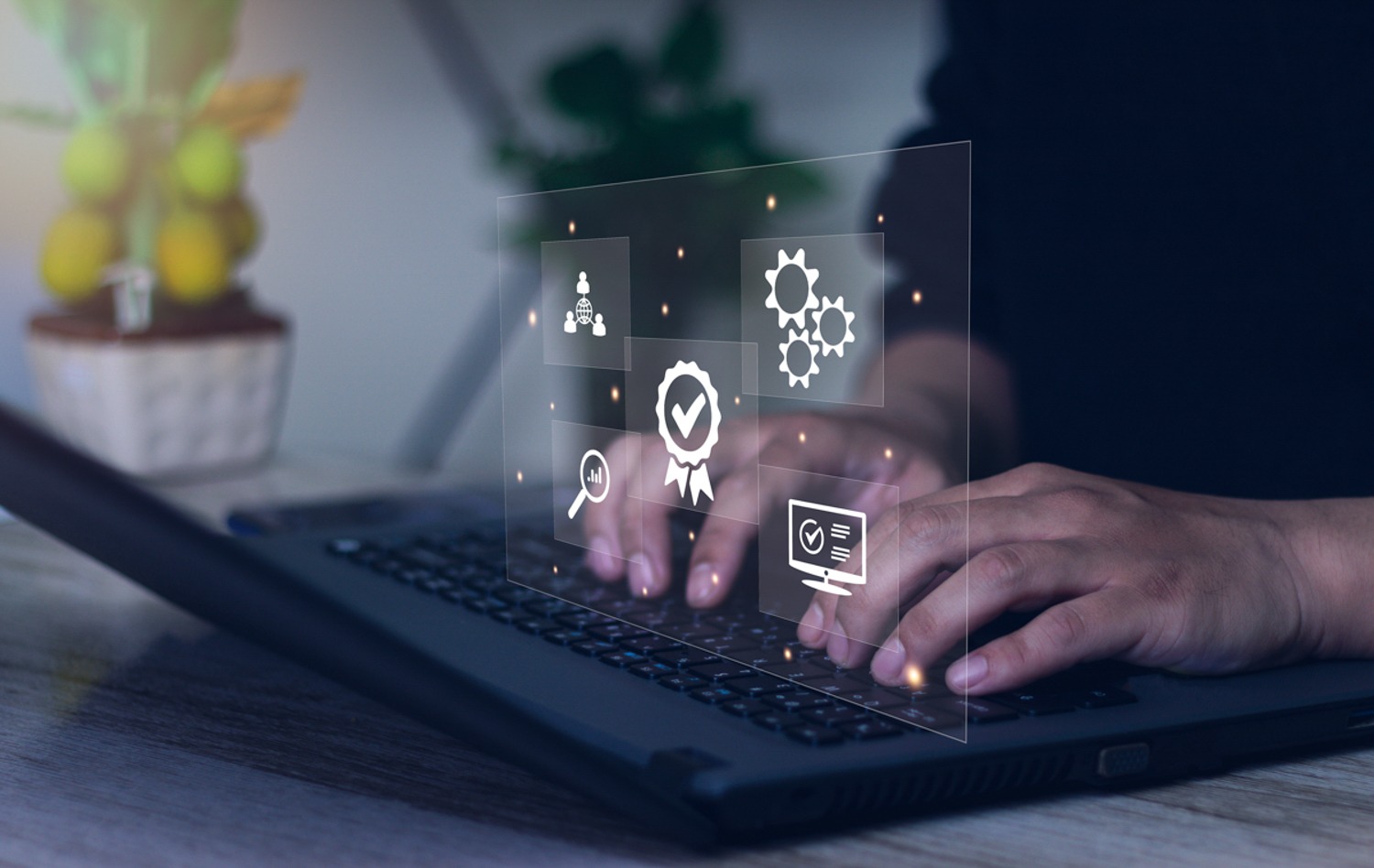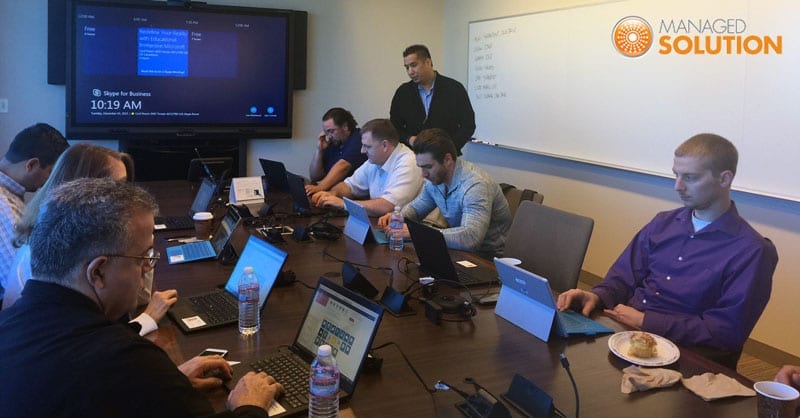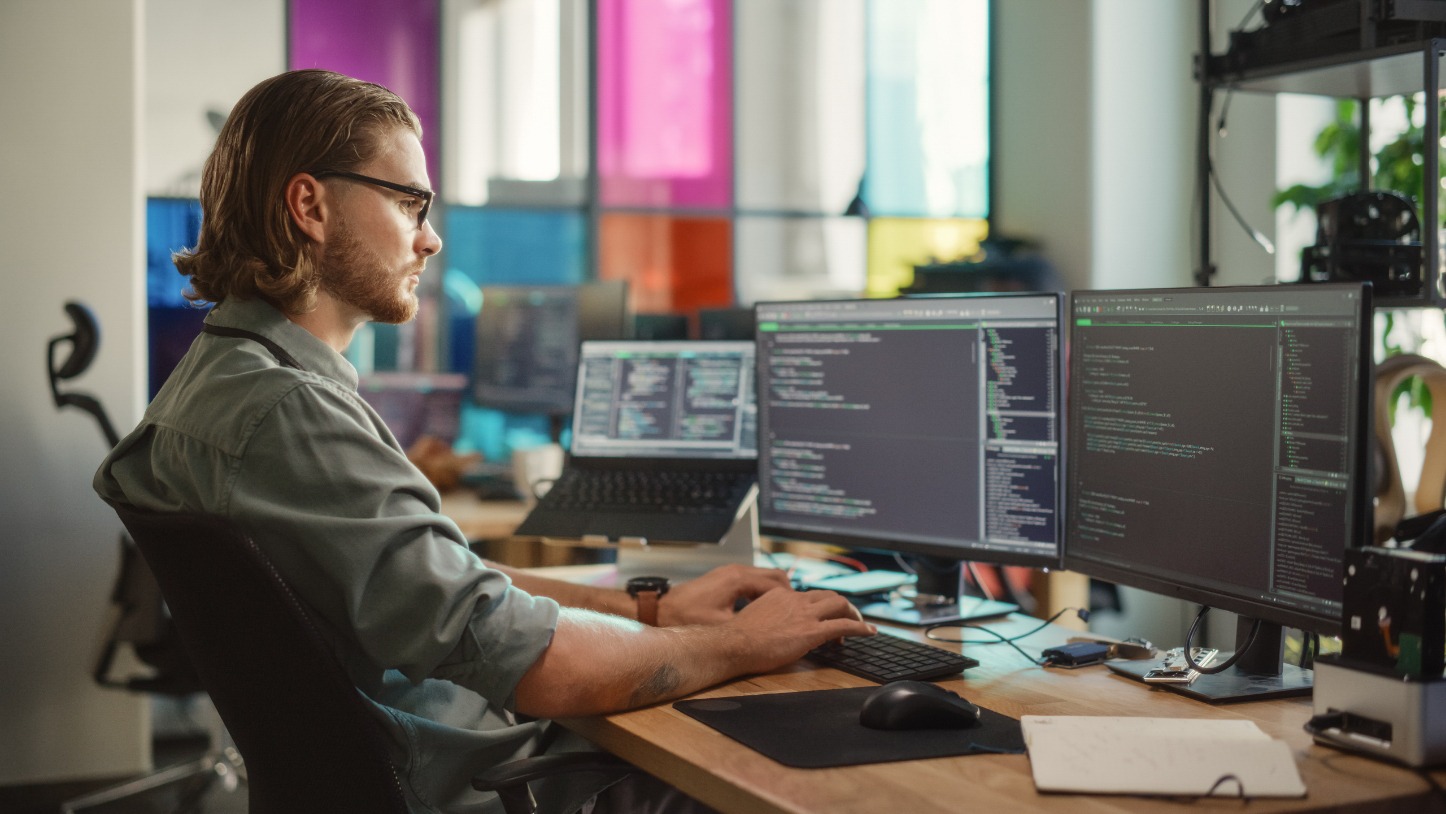
Famous Women of STEM: Shaping the Future of Women in Tech Careers
Women have made significant contributions to the development of new technologies, overcoming many barriers to study and work. In years past, women have been barred from colleges and universities, denied the opportunity to work in certain fields, and had their work obscured or stolen by male scientists. As a result, the history of technology is told as a story of great men. But these women, among many others, shaped the technology that we use daily along with the futures of those inspired to go into tech careers.
Hedy Lamarr
 Film buffs know Hedy Lamarr as the sultry female lead of "Algiers" and "Samson and Delilah", but the world owes her a much greater debt. She is the co-inventor of frequency-hopping and spread spectrum, techniques that were used to shield military and other sensitive communications during World War II are now used in Wi-Fi and Bluetooth technologies.
Film buffs know Hedy Lamarr as the sultry female lead of "Algiers" and "Samson and Delilah", but the world owes her a much greater debt. She is the co-inventor of frequency-hopping and spread spectrum, techniques that were used to shield military and other sensitive communications during World War II are now used in Wi-Fi and Bluetooth technologies.
The Human Computers
 The work of Frances Spence and Kay McNulty Mauchly Antonelli also helped shape the outcome of World War II. They worked during an era where a computer was a person who calculated sums, and during the war, computers were mostly women. Performing these calculations by hand, or even simple machines, was too slow for a war that moved at the speed of flight, so they were chosen to help program the first electronic digital computer, known as ENIAC, in 1946.
The work of Frances Spence and Kay McNulty Mauchly Antonelli also helped shape the outcome of World War II. They worked during an era where a computer was a person who calculated sums, and during the war, computers were mostly women. Performing these calculations by hand, or even simple machines, was too slow for a war that moved at the speed of flight, so they were chosen to help program the first electronic digital computer, known as ENIAC, in 1946.
Ellen Ochoa
 Women's contributions to peacetime technologies have been vast. Ellen Ochoa took women's technological innovations to the stars through her work with NASA. She developed optical inspection and image refinement methods for automated examinations of images from space. Ochoa became the first Latina to head NASA's Johnson Space Center. She also got the chance to experience space personally as the first Latina to go into space, eventually completing over forty hours of space missions.
Women's contributions to peacetime technologies have been vast. Ellen Ochoa took women's technological innovations to the stars through her work with NASA. She developed optical inspection and image refinement methods for automated examinations of images from space. Ochoa became the first Latina to head NASA's Johnson Space Center. She also got the chance to experience space personally as the first Latina to go into space, eventually completing over forty hours of space missions.
Kimberly Bryant
 Kimberly Bryant is doubly shaping the future of technology with her organization Black Girls Code. Bringing both innovation and diversity to programming, Black Girls Code makes programming careers accessible to a population historically shut out of STEM careers through a six-week course on coding and robotics.
Kimberly Bryant is doubly shaping the future of technology with her organization Black Girls Code. Bringing both innovation and diversity to programming, Black Girls Code makes programming careers accessible to a population historically shut out of STEM careers through a six-week course on coding and robotics.
Rana el Kaliouby
 Many consumers struggle to understand new technologies and advances in computing. Rana el Kaliouby is helping computers understand us with her innovations in facial recognition and reading technology. One of the founders of Affectiva, her inventions help people on the autism spectrum read facial expressions, assist researchers as they track subjects' emotional changes, and advertisers track reaction to campaigns in real time by reading viewers' expressions.
Many consumers struggle to understand new technologies and advances in computing. Rana el Kaliouby is helping computers understand us with her innovations in facial recognition and reading technology. One of the founders of Affectiva, her inventions help people on the autism spectrum read facial expressions, assist researchers as they track subjects' emotional changes, and advertisers track reaction to campaigns in real time by reading viewers' expressions.
Dr. Crystal Jensen
 Technology must be accessible in order to improve people's lives. Dr. Crystal Jensen, founder and president of Integrity Technologies, Inc. makes educational technologies available to Native and indigenous communities, which often lack technology-rich learning environments. Through online learning and social media, Jensen helps people access educational and economic opportunities and other information to improve the quality of life in traditionally marginalized communities.
Technology must be accessible in order to improve people's lives. Dr. Crystal Jensen, founder and president of Integrity Technologies, Inc. makes educational technologies available to Native and indigenous communities, which often lack technology-rich learning environments. Through online learning and social media, Jensen helps people access educational and economic opportunities and other information to improve the quality of life in traditionally marginalized communities.
Sandrine Mubenga
 Improving energy efficiency and expanding the use of renewable energy sources will be one of the chief challenges of the 21st century. Sandrine Ngaulula Mubenga is helping us meet this challenge by developing a hybrid car that runs through hydrogen and solar-powered hydrogen fueling stations. Mubenga's prototype reaches a maximum speed of 119 miles per hour, outpacing concerns about the effectiveness of hybrid cars.
Improving energy efficiency and expanding the use of renewable energy sources will be one of the chief challenges of the 21st century. Sandrine Ngaulula Mubenga is helping us meet this challenge by developing a hybrid car that runs through hydrogen and solar-powered hydrogen fueling stations. Mubenga's prototype reaches a maximum speed of 119 miles per hour, outpacing concerns about the effectiveness of hybrid cars.
Amy Sheng
 Technological advances have rapidly improved access to health care. But your doctor's office may soon be as accessible as your mobile phone, thanks to Amy Sheng. Sheng's team at CellScope is developing tools that work with mobile phones to connect with medical offices for remote examinations and tests. The hospital trials, if successful, could transform models for triage and monitoring chronic conditions.
Technological advances have rapidly improved access to health care. But your doctor's office may soon be as accessible as your mobile phone, thanks to Amy Sheng. Sheng's team at CellScope is developing tools that work with mobile phones to connect with medical offices for remote examinations and tests. The hospital trials, if successful, could transform models for triage and monitoring chronic conditions.
Source: http://www.ecpi.edu
Continued Reading

November 29, 2015
While your clothes might not fit perfectly after Thanksgiving dinner, your Excel cells can AutoFit! - Via 365 Ninja
How to AutoFit Cell Width and Height to Cell Data […]
LEARN MOREinthetechknow

December 1, 2015
We enjoyed #collaborating with everyone today at the Microsoft Customer Immersion Experience (CIE) in Arizona! Redefine Your Reality & Register for an Upcoming Immersive Microsoft Workshop (CIE). Complimentary for a limited time.
We enjoyed #collaborating with everyone today at the Microsoft Customer […]
LEARN MORENews and Events

